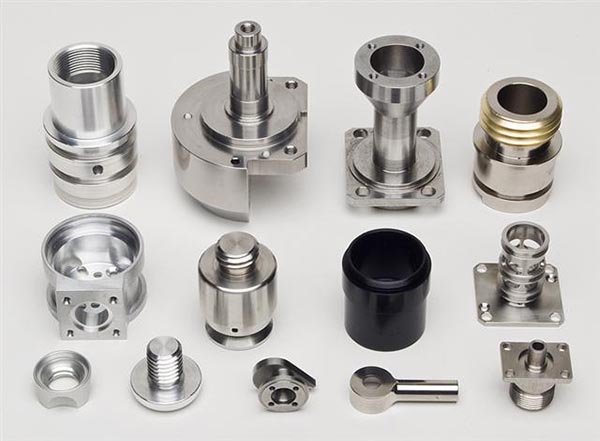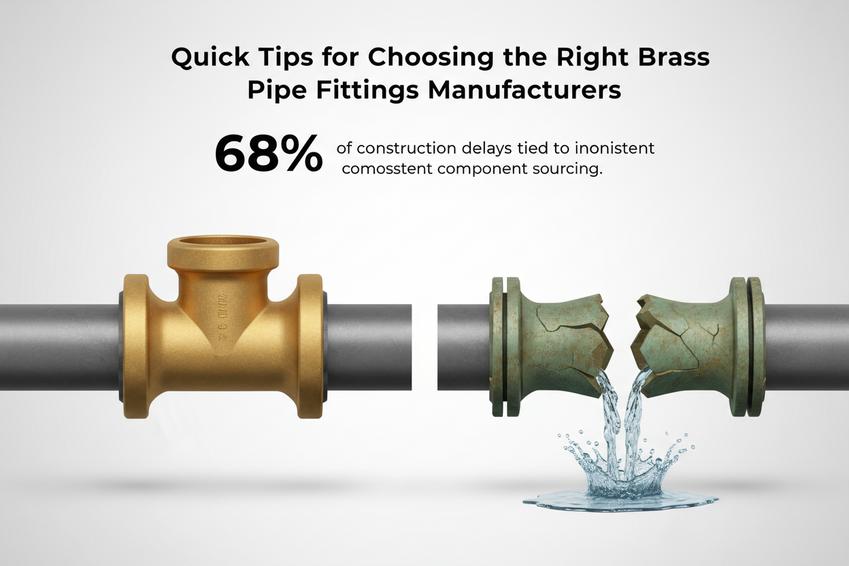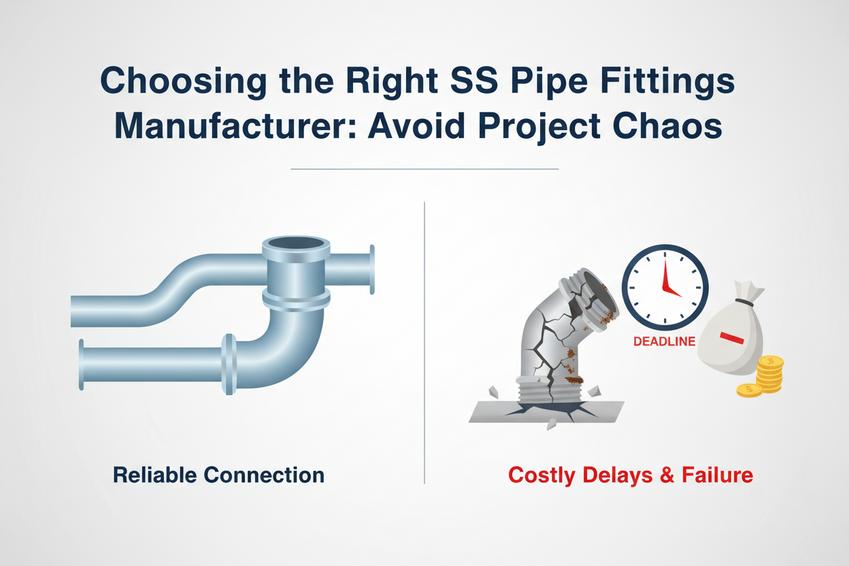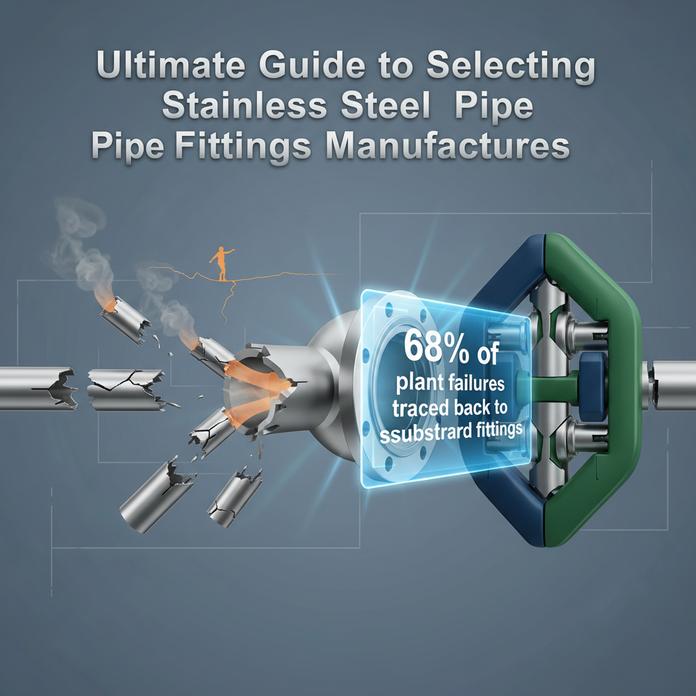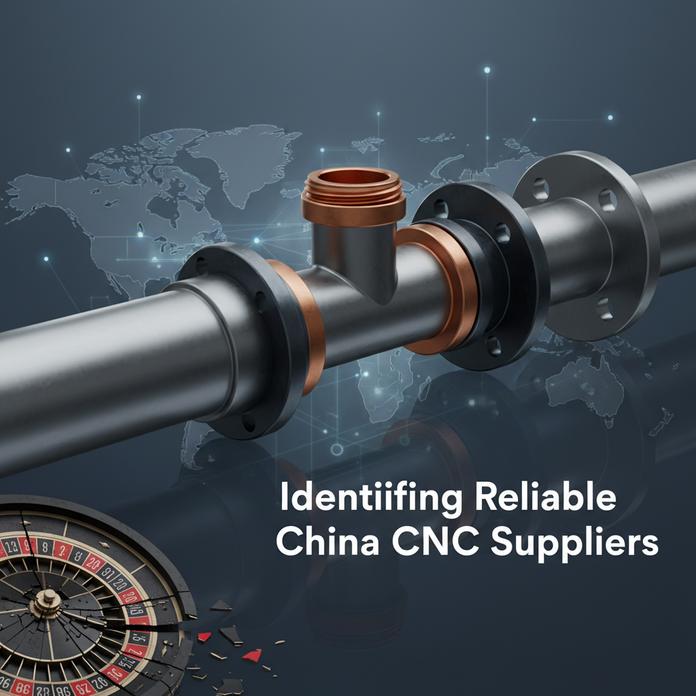How to choose OEM/ODM cnc turning parts manufacturer ?
In today’s competitive manufacturing world, precision and reliability are more important than ever. OEM CNC turning parts are used in many industries, from automotive and aerospace to electronics and hydraulics. A single small part can affect the performance of a larger system, so choosing the right CNC turning manufacturer is a decision that directly impacts your product quality and business success.
This guide explains what CNC turned parts are, what to look for in a supplier, and how to find a reliable partner that meets your production and quality requirements.
Understanding OEM CNC Turning Parts
CNC turning parts are precision components made using CNC lathe machines. These machines rotate a workpiece while cutting tools remove material to create precise shapes and dimensions. Common examples include shafts, bushings, fasteners, fittings, and connectors.
When a manufacturer produces parts according to another company’s design and specifications, it’s called OEM (Original Equipment Manufacturer) production. OEM CNC turned parts must follow exact technical drawings, tolerances, and surface requirements. That’s why finding a supplier with proven machining experience and quality control is critical.
Key Factors to Consider When Choosing a CNC Turning Parts Manufacturer
1. Experience and Expertise
The best OEM CNC turning parts manufacturers have years of experience and a deep understanding of different materials and machining challenges. Ask about the company’s project history, industries served, and examples of past work.
An experienced supplier knows how to manage tolerances, improve designs for manufacturability, and avoid costly production errors.
2. Quality Control and Certification
Quality should be your top priority when sourcing CNC turning parts. A professional manufacturer will have international certifications like ISO 9001, IATF 16949, or AS9100, depending on your industry.
They should also use modern inspection tools such as:
-
Coordinate Measuring Machines (CMM)
-
Surface finish testers
-
Calipers and micrometers with calibration records
Ask if they provide inspection reports or Certificates of Conformance (COC) for every batch. These documents show that your OEM parts meet all technical and dimensional requirements.
3. CNC Lathe Machine Capabilities
Not all CNC lathe machines are the same. Check if your potential supplier has multi-axis CNC lathes, turn-mill centers, or automatic bar feeders that allow continuous production and complex machining.
Key points to evaluate:
-
Can they handle both simple and complex geometries?
-
What is their tolerance capability (±0.005 mm or better)?
-
What is their maximum machining diameter and length?
-
Do they support both small-batch and mass production?
A factory with modern CNC lathe machines can achieve smoother finishes, higher precision, and shorter lead times.
4. Material Selection and Machining Range
Different industries require different materials. A professional CNC turning supplier should be experienced with:
-
Stainless steel (304, 316, 303)
-
Aluminum alloys
-
Brass and copper
-
Carbon steel
-
Titanium and engineering plastics
Ask how they handle material sourcing and traceability. Reliable manufacturers can provide material certificates and even suggest alternatives that improve machinability or reduce cost.
5. Engineering Support and Communication
Good communication is key to a successful OEM project. A trusted CNC turning supplier will offer engineering support and Design for Manufacturability (DFM) advice.
Before production, they should confirm:
-
2D and 3D drawings
-
Tolerance and surface finish requirements
-
Thread standards and fitments
During production, they should update you on progress, provide sample reports, and respond quickly to any technical questions. This transparency builds long-term trust.
6. In-House Production vs. Outsourcing
Some suppliers outsource their machining to smaller workshops. While this can lower costs, it may cause quality inconsistency and longer lead times.
A fully in-house CNC machining manufacturer has full control over quality, inspection, and schedule. You can also communicate directly with their engineers rather than going through trading intermediaries. This reduces risk and makes problem-solving faster.
7. Lead Time and Delivery Reliability
Timely delivery is crucial, especially for OEM clients with production deadlines. Discuss estimated lead times before placing an order. Reliable CNC turning suppliers will:
-
Offer clear production schedules
-
Have sufficient machine capacity
-
Use standardized packaging and labeling for traceability
Delays not only cost money but can also affect your reputation with end customers. Choose a partner known for on-time delivery and stable performance.
8. Price vs. Value
While cost matters, the cheapest option isn’t always the best. Low prices can sometimes mean lower material quality or less attention to precision.
Instead, focus on total value:
-
Part accuracy and consistency
-
Communication efficiency
-
After-sales service and technical support
In the long run, a dependable supplier saves you time, reduces waste, and ensures repeatable quality.
Red Flags When Choosing a Supplier
Before making a deal, watch out for these warning signs:
-
No clear information about equipment or quality process
-
Unwilling to provide samples or inspection reports
-
Poor communication or delayed replies
-
Unclear quotations or missing specifications
-
Overpromising production capacity without proof
A trustworthy CNC turning manufacturer will always be transparent about their capabilities.
How to Verify a CNC Turning Parts Supplier
Step 1: Check their website and factory photos. Look for real CNC lathe machines, inspection rooms, and sample parts.
Step 2: Request a sample or small trial batch. Review part finish, tolerance, and packaging.
Step 3: Read customer reviews or ask for references from similar industries.
Step 4: Schedule a video call or factory audit to see the production process firsthand.
This extra verification helps you avoid unreliable or inexperienced suppliers.
Why Many Buyers Choose Chinese CNC Turning Manufacturers
China has become one of the top destinations for OEM CNC turning services. Many factories now use advanced CNC lathe machines, quality control systems, and ERP-based production management.
Key advantages:
-
Competitive pricing with global-standard quality
-
Skilled technicians and engineers
-
Flexible production for both prototypes and mass orders
-
Fast lead times and efficient shipping options
From hydraulic fittings and bulkhead connectors to automotive shafts and medical components, Chinese manufacturers can deliver a wide range of CNC turned parts for global markets.
Final Tips Before You Order
-
Send detailed drawings and material requirements.
-
Confirm tolerances, surface finish, and quantity before quoting.
-
Ask for inspection reports with each shipment.
-
Maintain regular communication with the supplier’s engineer.
-
Consider a long-term partnership for better pricing and consistency.
Conclusion
Choosing the right OEM CNC turning parts manufacturer is not just about price — it’s about precision, reliability, and partnership.
A qualified supplier with advanced CNC lathe machines, proper certifications, and good communication will help you achieve higher quality and lower production risks.
Take time to verify experience, equipment, and quality systems. Once you find the right partner, you can count on them for consistent performance and long-term success in every project.

